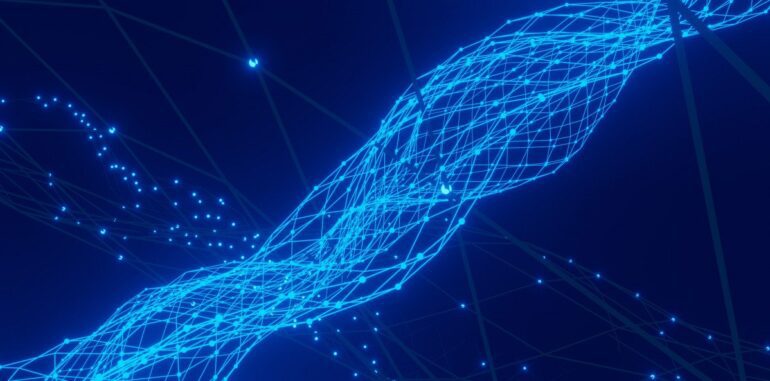TL;DR:
- Liquid Neural Networks enable AI to continue learning even after training.
- Daniela Rus is the Director of CSAIL at MIT and a renowned figure in robotics and AI.
- Rus has made significant contributions to autonomous vehicles, swarm robotics, and distributed algorithms.
- Liquid Neural Networks revolutionize AI learning by allowing continuous adaptation and knowledge acquisition.
- This innovation has vast implications for industries, including autonomous vehicles and dynamic robotics.
- Rus’s leadership and groundbreaking research have propelled the field forward.
Main AI News:
In the dynamic landscape of artificial intelligence, a groundbreaking concept is emerging – Liquid Neural Networks. This innovative idea empowers AI systems to continue learning even after the completion of their training phase. Spearheading this remarkable development is Daniela Rus, the esteemed Director of the Computer Science and Artificial Intelligence Laboratory (CSAIL) at the prestigious Massachusetts Institute of Technology (MIT).
At CSAIL, Daniela Rus holds the distinguished Andrew (1956) and Erna Viterbi professorship, embodying expertise and leadership in the field. With an unwavering dedication to advancing robotics, she has made significant strides in various domains, including autonomous vehicles, swarm robotics, and distributed algorithms. Through her groundbreaking research and visionary guidance, Rus has garnered widespread recognition and numerous accolades, solidifying her position as a prominent luminary within the realms of robotics and artificial intelligence.
The concept of Liquid Neural Networks marks a paradigm shift in AI learning, offering a new dimension of adaptability and responsiveness. Traditionally, AI models underwent a fixed training phase, after which they were considered static and unmodifiable. However, with Liquid Neural Networks, the learning process becomes an ongoing journey, enabling AI systems to continuously acquire new knowledge and adapt to evolving scenarios.
This revolutionary approach has far-reaching implications across industries, unleashing unprecedented potential for AI-driven advancements. Imagine autonomous vehicles that can swiftly learn from new road conditions or robotic swarms that dynamically adjust their behavior based on real-time information. Liquid Neural Networks not only enhance the capabilities of AI systems but also open doors to unprecedented innovation and problem-solving.
Daniela Rus’s visionary leadership has played a pivotal role in driving this transformative concept forward. Her relentless pursuit of excellence and groundbreaking contributions have propelled the field of robotics and artificial intelligence to new heights. By pioneering Liquid Neural Networks, she has unlocked a new era of AI learning, revolutionizing the way we perceive and interact with intelligent machines.
As the world eagerly awaits the realization of Liquid Neural Networks, the ripple effects of this groundbreaking idea are bound to redefine the future of AI. With Daniela Rus at the helm, we can anticipate a future where AI systems evolve and adapt in real-time, pushing the boundaries of what is possible and shaping a world where intelligent machines seamlessly integrate into our daily lives.
Conclusion:
The emergence of Liquid Neural Networks represents a significant milestone in the field of artificial intelligence. This breakthrough concept, spearheaded by Daniela Rus, has the potential to revolutionize the market by enabling AI systems to learn and adapt continuously. Industries such as autonomous vehicles and robotics stand to benefit greatly from this innovation, as it opens up new possibilities for dynamic and responsive AI-driven solutions. As organizations embrace Liquid Neural Networks, we can expect to witness a wave of transformative advancements that will reshape the market landscape and redefine the boundaries of what AI can achieve.

